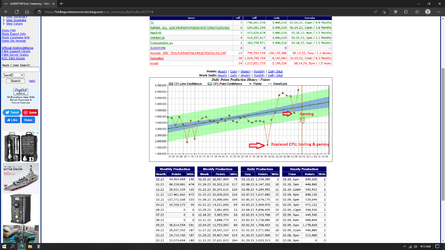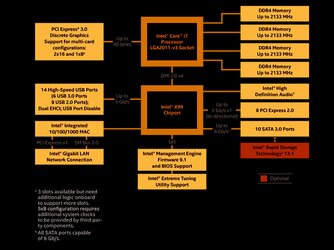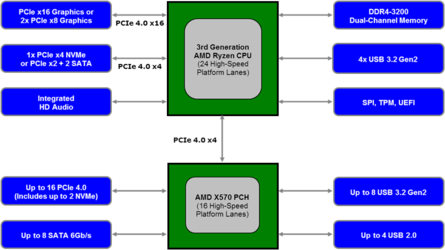I've never read about this happening so I thought I'd put my result out there. My RX 6800 XT has been folding for a while with the AMD R7 3800XT. No CPU folding, just GPU. I swapped CPUs to the 5800X3D a few days ago, updated the BIOS, updated motherboard drivers, & have seen a significant improvement in my PPD. Still only GPU folding and didn't update the GPU driver. Has anyone else seen a big jump in production with just a CPU swap. It's not like the 3800XT is a slow CPU, but I guess the 5800X3D removed a folding bottleneck of some sort.
Edit: Forgot to mention when looking at the numbers below, subtract 500k PPD for a GTX 970 I have contributing.

Edit: Forgot to mention when looking at the numbers below, subtract 500k PPD for a GTX 970 I have contributing.

Last edited:



